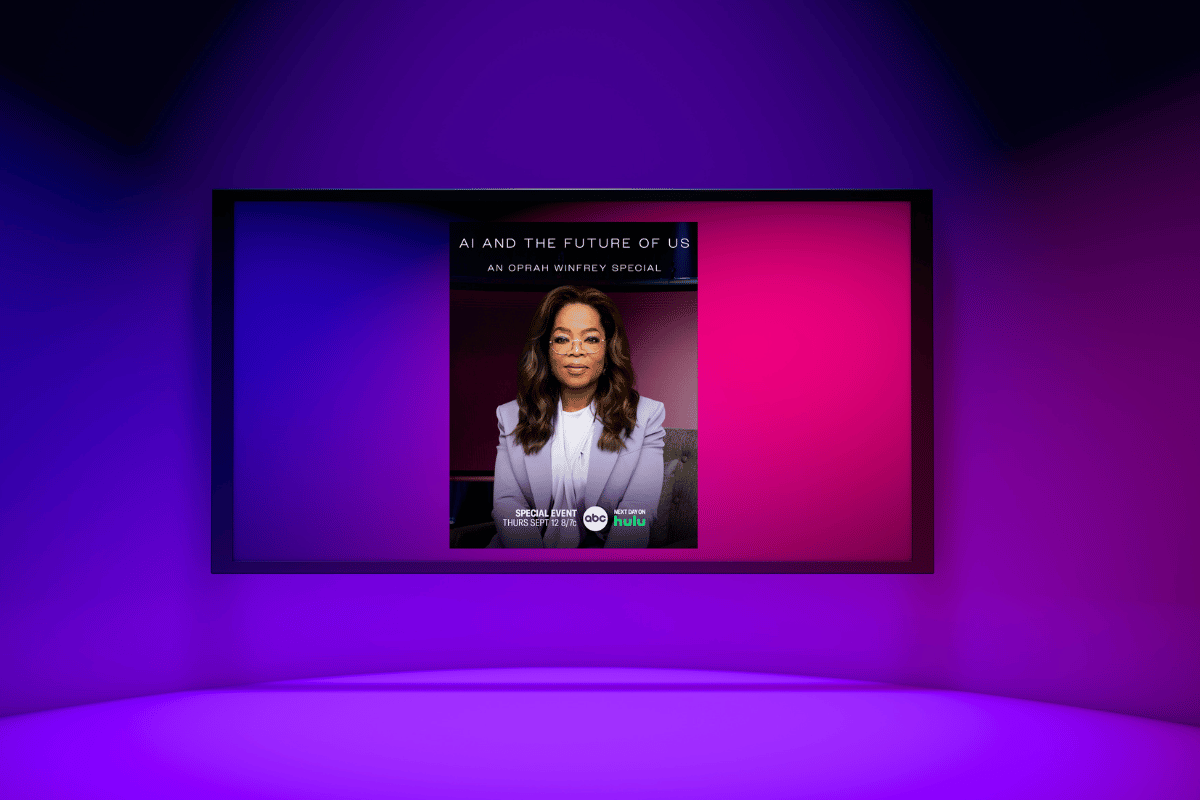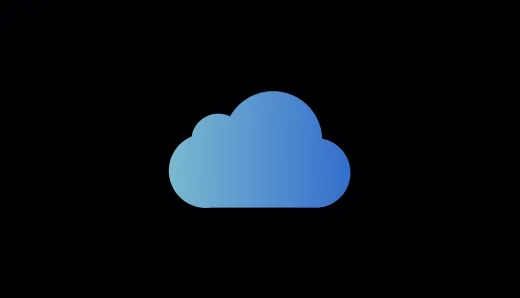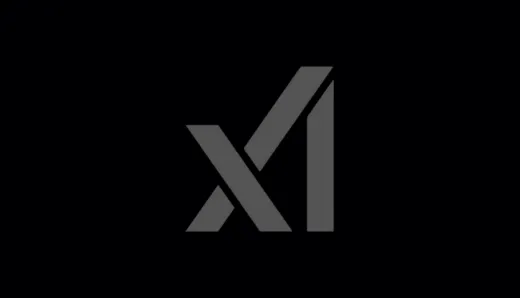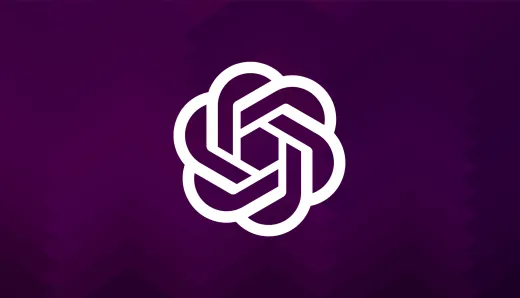Oprah’s AI Special Sparks Criticism Over Guest List and Tech Bias

Oprah Winfrey's upcoming television special, "AI and the Future of Us," set to air on September 12, has stirred controversy among tech critics, who have voiced concerns about the program's guest list and framing. The one-hour special, which will explore the impact of artificial intelligence (AI) on daily life, features notable figures such as OpenAI CEO Sam Altman, Microsoft co-founder Bill Gates, and YouTube creator Marques Brownlee. However, critics have pointed out the absence of voices representing those directly affected by AI technologies, claiming that the special leans too heavily toward a pro-AI narrative.
The announcement of the special has led to a backlash on social media, with critics like author Brian Merchant and artist Karla Ortiz questioning the motives behind the program. Many view it as an "AI sales pitch" rather than an informative discussion. Ortiz, who is involved in a lawsuit against several AI companies, raised concerns that the special may be the first time many viewers are exposed to information about generative AI, yet it fails to include dissenting perspectives on the risks and challenges posed by the technology.
AI critics have consistently raised concerns about the technology's ethical implications, environmental impact, and copyright infringement issues. Companies like OpenAI, Meta, and Anthropic have been accused of training AI models using copyrighted material without proper licensing or permission from content creators. While tech companies argue that this falls under "fair use," artists, writers, and other creators have pushed back, claiming that AI systems infringe on their intellectual property.
The guest list for Oprah's special has drawn attention for featuring high-profile figures like Bill Gates and Sam Altman. Gates is set to discuss AI’s potential revolution in science, healthcare, and education, while also addressing the potential disruption of the job market. Altman will explain the fundamentals of how AI works and the responsibilities AI company executives hold in shaping the future of the technology. However, critics argue that the focus on tech industry leaders like Altman lacks balance and neglects the voices of those who have raised alarms about AI's darker implications.
YouTube creator Marques Brownlee will also participate in the special, providing demonstrations of AI’s capabilities. His inclusion has sparked controversy as well, with critics questioning his role in what some view as an endorsement of AI rather than a critical analysis. Ed Zitron, a PR consultant and vocal AI opponent, has called Brownlee's involvement "disgraceful" and criticized the decision to showcase AI in a predominantly positive light.
One notable absence from the program is representation from non-doomer critics of AI. Figures like Dr. Margaret Mitchell from Hugging Face have highlighted the lack of voices offering grounded, critical perspectives on generative AI. Mitchell and others argue that a more balanced conversation is necessary, especially given the far-reaching implications of AI on society, creativity, and employment. Despite the criticisms, the special also aims to address the risks posed by AI. Tristan Harris and Aza Raskin from the Center for Humane Technology will discuss the existential risks of superintelligent AI, while FBI Director Christopher Wray will shed light on how criminals and foreign adversaries are weaponizing AI for malicious purposes. These segments aim to balance the narrative, but some critics still believe that the overall tone of the program favors a pro-AI perspective.
As AI technology becomes more integrated into everyday life, the importance of presenting a balanced view of its impact cannot be overstated. While tech leaders like Gates and Altman are significant figures in the development of AI, many critics feel that their perspectives alone do not provide a full understanding of the technology's complexities. The absence of voices representing those directly harmed by AI technologies raises concerns that the conversation is skewed in favor of the industry’s interests.
Oprah’s AI special is set to air at a pivotal moment when public interest in AI is at an all-time high. With debates about the ethical use of AI intensifying and regulatory discussions unfolding across the globe, this special is likely to draw considerable attention. However, the controversy surrounding the guest list and framing could also fuel further debate about how AI is presented to the public and whose interests are being represented.
Incorporating diverse perspectives on AI, particularly those from artists, content creators, and communities affected by the technology, is crucial for a more informed and nuanced conversation. As AI continues to evolve, striking the right balance between innovation and ethical considerations will be vital in shaping its role in society. Oprah’s special may be a catalyst for more widespread discussion, but it remains to be seen whether it will address the concerns of those most impacted by AI’s rapid development.
Stay informed on the latest developments in AI and its impact on society by following digitalexperience.live. Get access to expert insights, tech news, and updates on how AI is shaping the future.




